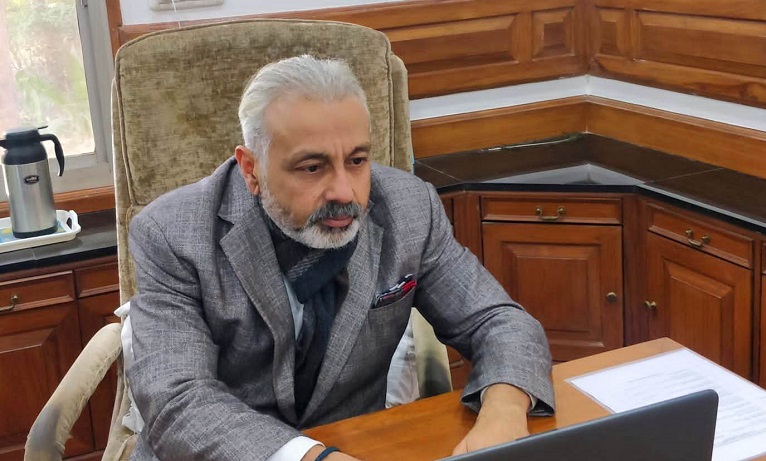Impact of Social Media on Students
The majority of people’s lives are now centered around social media, which has an impact on how we work, live, and most recently, how we study. The advantages of adopting social media in the classroom have been recognized by educators and administrators. However, how do social media platforms affect education?
Social media platforms can be used as active learning tools, allowing students to learn in their own unique ways as opposed to only absorbing knowledge. “Social media can be directed and fostered in a school setting to improve learning outcomes and critical awareness. It may also provide students more freedom to socialize and work together outside of the classroom. Furthermore, exchanging information with classmates fosters a greater sense of community among students and can serve as a powerful incentive because it encourages students to put more effort into their work because they know it will be discussed on social media,” says Anoop Singh Bishnoi, Chairman of The Doon School, Dehradun.
But is technology assisting or hindering society? Is a perennial question. It’s a mix of both when it comes to students and social media. Social media may be both a threat to one’s privacy and a place to freely express oneself because it makes it so easy to do so, but the likelihood of the former is higher among young, inquisitive minds. Young people can use social media as much or as little as they’d like, but even with the best of intentions on the part of parents, guardians, and educators, it can be challenging to comprehend how some children are using it without breaching their privacy. While the majority of kids will use social media responsibly and reap its benefits, others may make poor decisions. For instance, kids may unintentionally use it to disparage their peers, say things they might not want to say to someone’s face, or insensitively distribute inappropriate pictures of other people without their permission.
It's amazing how many children today become proficient at using iPads and smartphones before they even learn how to read or write. The world has been swept up with technology. A breach between adults and children can frequently be caused by the new language that social media has generated. But since our children live in this world, how can we meet them halfway? “As adults, we should realize that our kids watch and remember everything we do and say. For example, you’re setting a bad example for your child if you constantly check your phone or update your Twitter while driving. Always be aware of what you are modeling for your children, and evaluate whether you are exhibiting true maturity and responsibility,” says Anoop. Children are too young and impressionable to comprehend the permanence of the Internet. As adults and teachers, it’s our responsibility to emphasize to our kids the potential repercussions of inappropriate posts, including photographs and messages, and to make sure to convey to them the permanence of a digital footprint.




Comments
Post a Comment